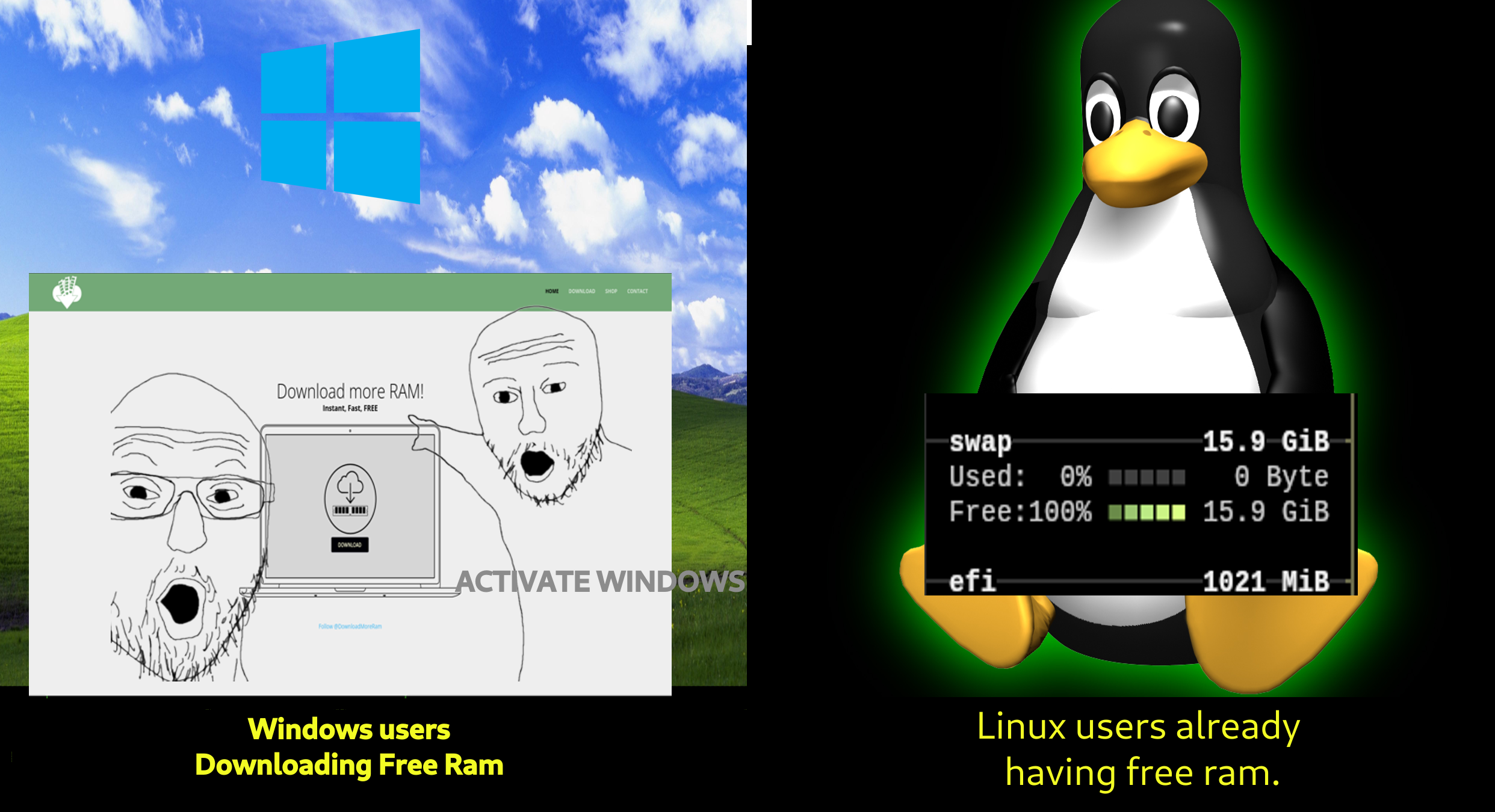Linux
Welcome to c/linux!
Welcome to our thriving Linux community! Whether you're a seasoned Linux enthusiast or just starting your journey, we're excited to have you here. Explore, learn, and collaborate with like-minded individuals who share a passion for open-source software and the endless possibilities it offers. Together, let's dive into the world of Linux and embrace the power of freedom, customization, and innovation. Enjoy your stay and feel free to join the vibrant discussions that await you!
Rules:
-
Stay on topic: Posts and discussions should be related to Linux, open source software, and related technologies.
-
Be respectful: Treat fellow community members with respect and courtesy.
-
Quality over quantity: Share informative and thought-provoking content.
-
No spam or self-promotion: Avoid excessive self-promotion or spamming.
-
No NSFW adult content
-
Follow general lemmy guidelines.
view the rest of the comments

That's not that same. That's closer to Zswap. "Enable-MMAgent -MemoryCompression" enables compressing inactive memory pages in RAM. Zram is 1 or more compressed block devices in RAM that can store a much larger variety of data.
Yeah, I remember using ramdrive.sys in the DOS days to make a drive letter in memory to speed up our CAD software. My point was windows has similar tools for memory compression and drives, just that it is not as easily tinkeres with like Linux.